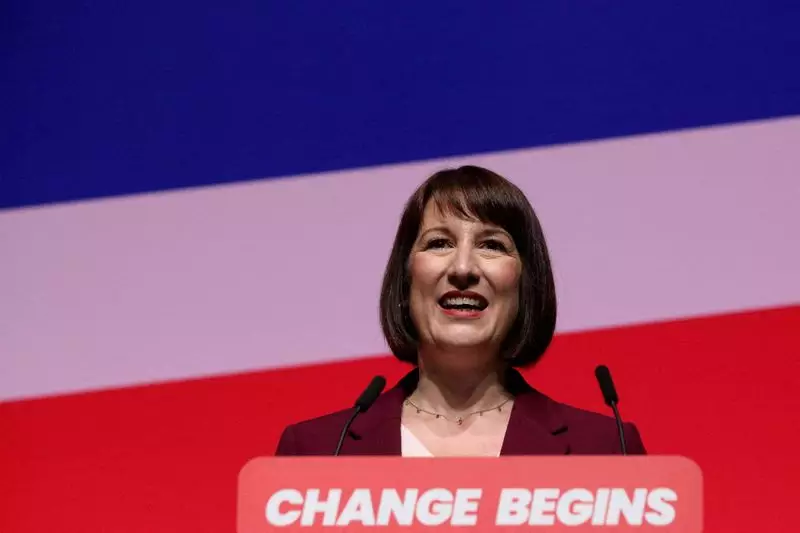As the UK braces for a significant reshaping of its fiscal policies, British finance minister Rachel Reeves stands at the helm of this transformative moment. Meeting international financial leaders during her two-day visit to Washington for the International Monetary Fund (IMF) and World Bank annual meetings, Reeves is set to unveil her strategic budget as a catalyst for economic revitalization. This budget marks the Labour Party’s first foray into governance after 14 long years in opposition, highlighting the urgency of her mission to restore stability and growth in the UK economy.
Reeves hints at ambitious plans to raise approximately £40 billion (around $52 billion) through a combination of taxing and prudently managing public expenditure. These measures are aimed not only at improving public services but also at addressing the budgetary challenges inherited from the previous administration. The context for this budget is striking—the UK is facing pressing demands to redefine its economic position on the global stage while simultaneously tackling domestic concerns.
Amidst Heralding a budget reset, Reeves seeks to reconsider Britain’s fiscal framework, a move seen as essential for fostering an environment conducive to investment and innovation. The Guardian reported her intention to initiate discussions on altering fiscal rules that currently constrain government borrowing. Although Treasury officials have refrained from confirming specific changes, the anticipation surrounding Reeves’ statements suggests that a shift in policy may soon be on the horizon.
“From this solid base that we will be able to best represent British interests,” Reeves remarked in a statement outlining her objectives, emphasizing the connection between fiscal policy and British leadership in international affairs. This indicates her recognition that economic stability at home directly influences the UK’s ability to engage with global crises, such as those unfolding in the Middle East and Ukraine.
Reeves’ claims also echo within the broader narrative of international economic partnerships. Britain’s recent commitment to loan Ukraine $3 billion as part of a collaborative effort within the Group of Seven (G7) demonstrates the UK’s intent to contribute meaningfully to global security dynamics while reassuring investors that the UK remains a reliable economic partner.
Furthermore, Reeves’ support for initiatives aimed at enhancing development financing for underprivileged nations speaks to a growing awareness of Britain’s role in global economic discourse. By aligning the nation’s financial strategies with the United Nations’ sustainable development goals, the UK seeks to position itself as a responsible leader, promoting transparency among wealthier G20 nations in their dealings around debt.
Despite optimism, the IMF’s recent growth forecasts for Britain are nothing short of modest—predicted at just 1.1% for 2024 and 1.5% for 2025—indicating that significant challenges lie ahead. The global lender has repeatedly emphasized the necessity for the UK, similar to many of its G7 counterparts, to stem the growth of public debt. This backdrop intensifies the pressure on Reeves to strike a delicate balance between necessary fiscal expansion and sustainable debt management.
One of Reeves’ innovative proposals involves reshaping the definition of public debt to facilitate investment financing. She aims to leverage a less stringent framework around public sector net financial liabilities, which could potentially enable the government to undertake an additional £50 billion in borrowing, a lifeline in the efforts to revive critical public services without exacerbating debt levels significantly.
Rachel Reeves finds herself in an extraordinarily complex position, tasked with resetting the UK economy during a time of both domestic and global uncertainty. Through strategic investments and potential policy reform, her upcoming budget holds the potential to carve a new path for Britain—one that seeks not only to stabilize its own economic landscape but also to reinforce its role in the global arena.
As she prepares for this crucial presentation in Washington, the weight of historical precedents and future expectations loom large. Nevertheless, if successful, Reeves may very well set the stage for a revived economic narrative, positioning Britain as a proactive player on the global stage, determined to navigate its challenges with a renewed sense of purpose and clarity.

